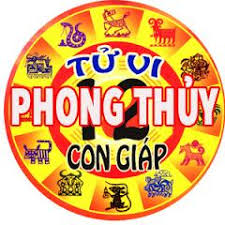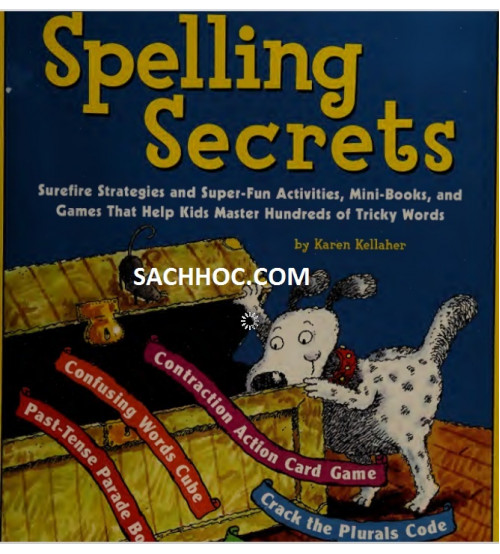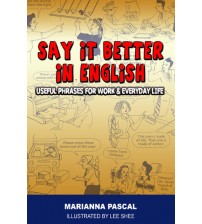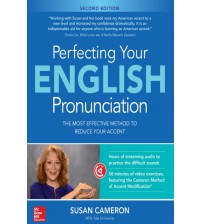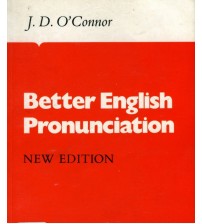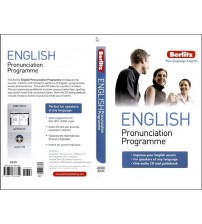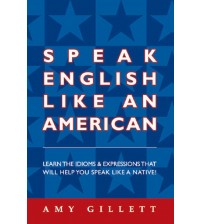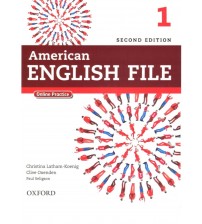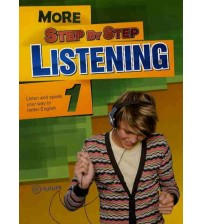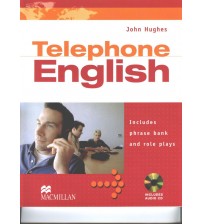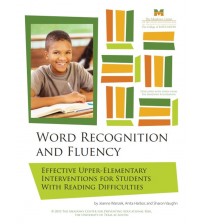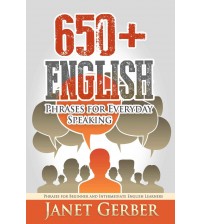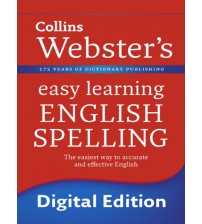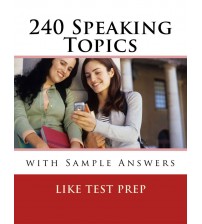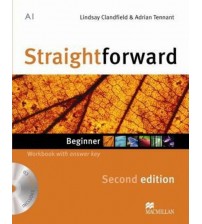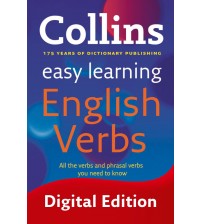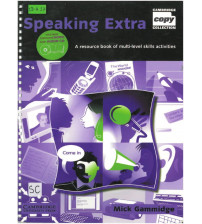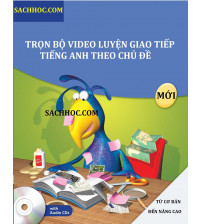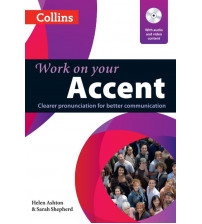A lot has changed in spelling instruction over the past few decades. When I was in school, spelling was reserved for Friday mornings, when we would be quizzed on a list of words we had memorized the night before. And except for the occasional spelling bee, spelling was never exactly what I would call fun. Today many teachers are working to make spelling instruction more authentic and enjoyable. They celebrate the natural link between spelling and writing and acknowledge that it does not matter if a student can score 100 on a spelling test if she can’t spell words correctly in a letter or story. This book is designed to help teachers in that important mission. You’ll find spelling strategies and activities to reach students of every learning style. These include mini-books, manipulatives, puzzles, poems, and games that will help kids remember hundreds of hard-to-spell words.
Why Does Spelling Matter?
Some argue that spelling instruction is nearly obsolete in this age of computerized spell check. They could not be more wrong. No one can have a computer handy all the time—and even when one is working at a computer, spell-check programs rarely catch every mistake. Although they are helpful, spell-check programs frequently fail to find errors in usage of homophones such as deer/dear, to/two/too, and their/they’re/there. My own spell check changes my last name, “Kellaher,” to Kalahari (the African desert) each time it encounters it! When such spelling errors make it into the final draft of a piece of writing, it’s the writer—not the computer—who appears disorganized and inattentive.
Of course, spelling is not the single most important element in written communication. Ideas should always come first. That’s why most teachers choose to let students use invented spelling in the very early grades. If we told children that they could only use words they knew they could spell correctly, we would virtually guarantee bad writing! (We would also have a great many children who couldn’t bear to put pen to paper.)
However, there’s no doubt about it: Spelling does matter. Regardless of their language arts philosophy, all teachers eventually expect students to hand in polished pieces of writing—complete with properly spelled words. By the second grade, correcting one’s spelling should be a standard part of the writing process. And spelling instruction—that is, helping students uncover rules and strategies to enable them to spell words correctly—should be part of the curriculum.
Thẻ từ khóa: Spelling Secrets

